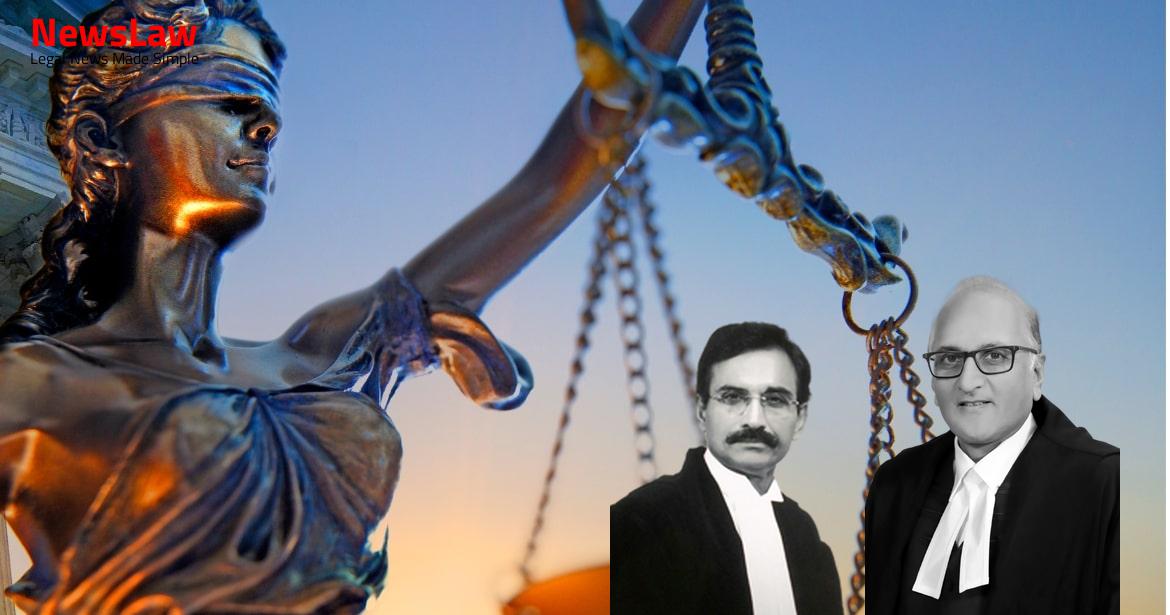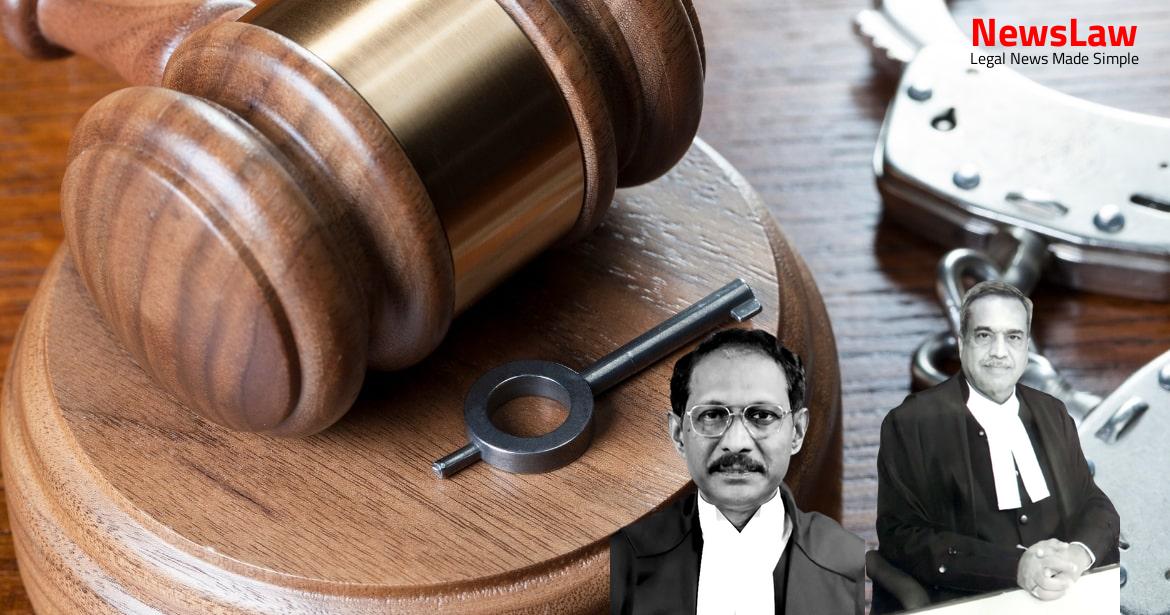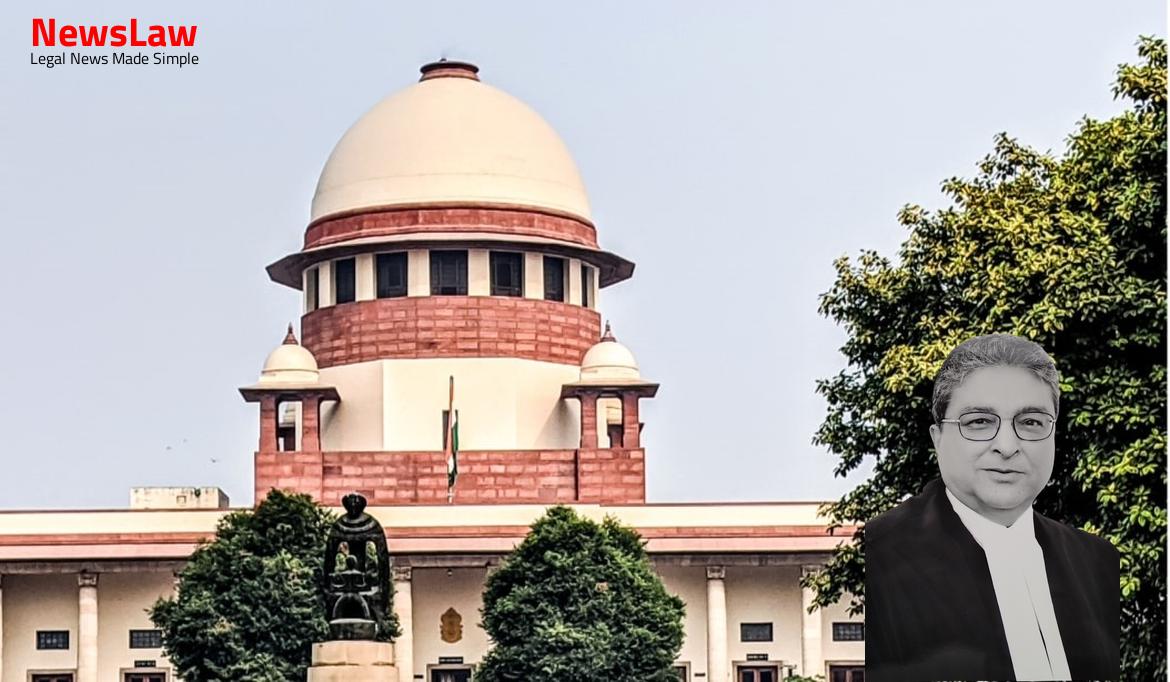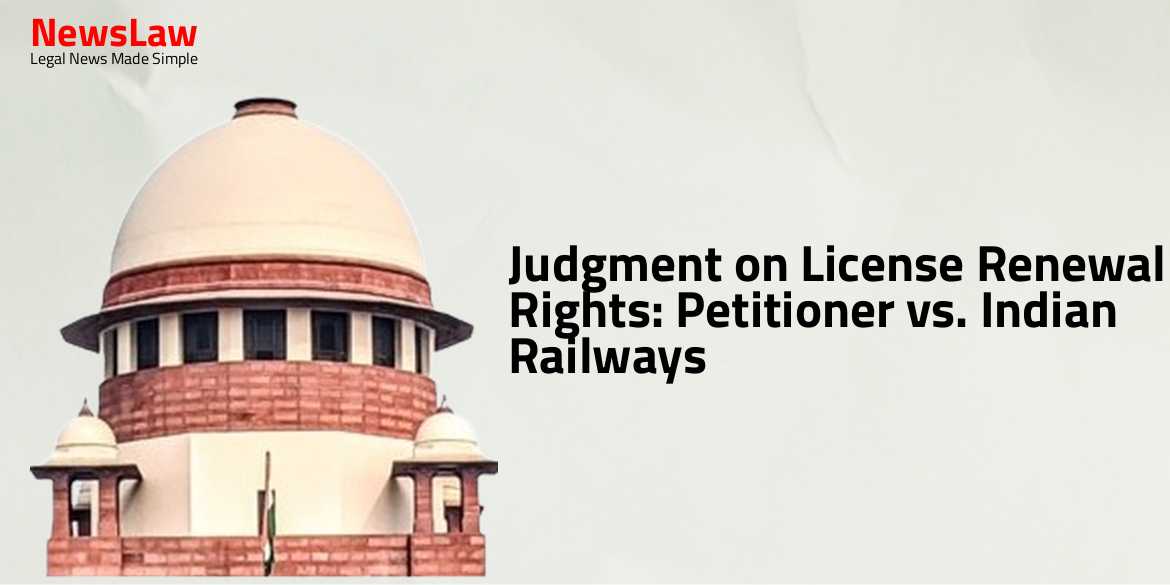Delve into the detailed legal analysis conducted by the High Court regarding fee fixation in private medical colleges. The Court’s scrutiny of the Committee’s powers and functions, and the principles outlined in previous judgments, provides a comprehensive understanding of the regulatory framework. Stay informed about the key factors considered for fee determination and the importance of ensuring fairness and non-exploitation in fee structures.
Facts
- Admission fee for all medical colleges in Kerala provisionally fixed at Rs. 5 Lakh by the Admission and Fee Regulatory Committee.
- Certain provisions of the 2017 Act were challenged in Writ Petitions filed in the High Court of Kerala.
- Section 8 of the 2017 Act outlines the powers and functions of the Admission and Fee Regulatory Committee.
- The controversy in the appeals revolves around fee fixation by the Committee for MBBS students in private self-financing medical colleges in Kerala.
- The High Court made it clear that the Committee cannot go into the desirability or appropriateness of the expenses incurred by the institution.
- The Committee has the power to examine whether the fee proposed by private self-financing medical colleges was not excessive and non-exploitative.
- Fair opportunity directed to be given to the managements of private self-financing medical colleges.
- Remand was not only on a technical issue, as the High Court did not specifically mention it in the judgment.
- The managements were directed to cooperate with the Committee in the matter of fee fixation.
- Fresh orders for fixing the fee were to be passed by the Committee in accordance with the law.
- The High Court considered the additional point raised by the managements regarding the fee fixation.
- The power of the Committee is to scrutinize the proposals made by the managements for charging the fee.
- Reasonable surplus is permitted under Section 11 of the 2017 Act.
- The High Court remanded the matter back to the Committee for fresh orders to be passed for fee fixation.
Also Read: Legal Analysis on Seniority Fixation in Contempt Petitions
Arguments
- The State argued that no fetter can be placed on the Committee’s power for fee fixation, which must align with the factors in Section 11 of the 2017 Act.
- The High Court erred in directing the Committee to consider only audited balance sheets or provisional profit and loss accounts.
- Private self-financing colleges had the opportunity to provide additional material for fee fixation, which they did not utilize.
- Reconsideration of fee fixation for 2017-18 and 2018-19 was deemed unnecessary as per the High Court’s judgement.
- The State of Kerala was displeased with the High Court’s restrictions on the Committee’s fee-fixing powers.
- The directions from the High Court contradicted Section 11 of the 2017 Act regarding factors to be considered for fee fixation.
- The managements of private self-financing colleges contended their right to establish and administer institutions without undue interference.
- A plea was made on behalf of students against fee revision affecting their financial burden.
- The State emphasized that the previous fee fixation orders were upheld by the High Court in its 2019 judgement.
- Private self-financing colleges stressed their constitutional right under Article 19(1)(g) which can be restricted only reasonably.
Also Read: Interpretation of Section 80-IA Deductions
Analysis
- Kerala Professional Colleges or Institutions (Prohibition of Capitation Fee, Regulation of Admission, Fixation of Non-Exploitative Fee and Other Measures to Ensure Equity and Excellence in Professional Education) Act, 2006 was enacted by the State of Kerala.
- Rules under the Act came into force in 2006.
- The High Court of Kerala, after considering various judgments, held that institutions can propose the fee structure, and the Committee’s scrutiny is to ensure the fee is not exploitative or for profiteering purposes.
- Committee can request audited accounts of previous years from colleges to ensure no profiteering in fee fixation.
- The judgments of the Court and the principles mentioned in P.A. Inamdar & Ors. are extensively referenced by the High Court in the three rounds of litigation for fixing fees in private medical colleges.
- The delay in finalizing the fee structure in medical colleges is disadvantageous for both institutions and students.
- The High Court’s restrictions on the Committee regarding fee fixation are being considered, with Mr. Jaideep Gupta’s submission highlighting the need to revisit the proposals for fee fixation from 2017-18 onwards.
- The Committee is directed to reconsider the fee proposals by taking into account Section 11 of the 2017 Act and the legal principles established by the Court in the Modern Dental College & Research Centre case.
- Although the management’s proposed fees should be considered by the Committee, the aspect is not a new legal issue.
- Unaided professional institutions have the autonomy to determine fees, as long as they are not engaged in profiteering or collecting capitation fees.
- Regulation of fees falls under the jurisdiction of the Committee, ensuring that fees are fair and non-exploitative.
- Committee can direct a private aided or unaided medical institution to provide necessary information for fee determination
- Section 11 of the 2017 Act lists factors to be considered for fee determination
- High Court rejected the challenge to Sections 8(1)(a) and 11 of the 2017 Act
- Management must provide information to justify proposed fees
- Fees should not be excessive or exploitative
- Finalization of fees for earlier years if not done
Also Read: Judicial Analysis on Selection Process
Decision
- The Appeals have been disposed of within a three-month period from today
- The Committee is directed to promptly reconsider fee fixation proposals from 2017-18 onwards
- Private self-financing colleges are to be given a reasonable opportunity to present their proposals for fee fixation
Case Title: NAJIYA NEERMUNDA Vs. KUNHITHARUVAI MEMORIAL CHARITABLE TRUST (2021 INSC 119)
Case Number: C.A. No.-000606-000616 / 2021



